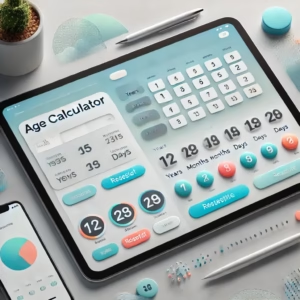
Math calculator
Unlock the Power of Numbers with Our Free Math Calculator Are you tired of struggling with complex equations or spending hours on simple math problems? Whether you’re a student, professional, or just someone who loves numbers, our Free Math Calculator is here to make your life easier! Why Use Our Math Calculator? Quick and Accurate: Solve equations, percentages,




